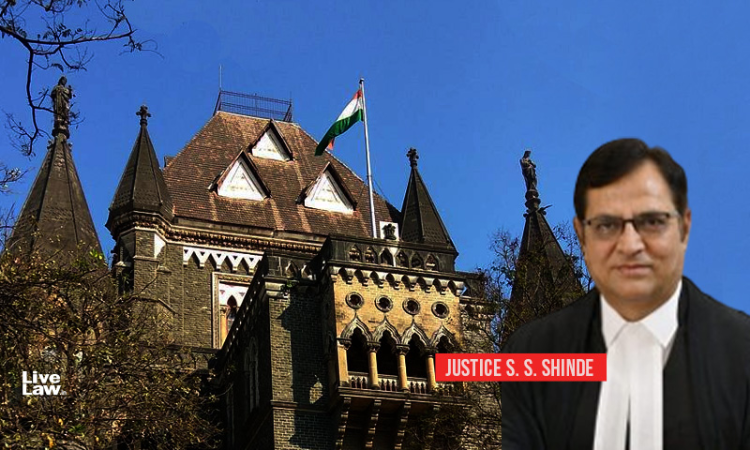- Home
- /
- News Updates
- /
- 'First We Are Human Beings, Then...
'First We Are Human Beings, Then Judges' : Bombay HC Judge Says Reserving Order On Terminally Ill Prisoner's Plea For Palliative Care
Sharmeen Hakim
7 Sep 2021 9:40 AM GMT
The Bombay High Court on Tuesday reserved judgment on a petition filed by a terminally ill woman prisoner, facing trial for alleged links in a Naxal blast case, seeking palliative care.A division bench of Justices SS Shinde and NJ Jamadar reserved for orders undertrial prisoner Nirmala Kumari Uppunganti (59)'s petition to be shifted from Byculla Women's Prison to Shanti Avedna Sadan...
The Bombay High Court on Tuesday reserved judgment on a petition filed by a terminally ill woman prisoner, facing trial for alleged links in a Naxal blast case, seeking palliative care.
A division bench of Justices SS Shinde and NJ Jamadar reserved for orders undertrial prisoner Nirmala Kumari Uppunganti (59)'s petition to be shifted from Byculla Women's Prison to Shanti Avedna Sadan take palliative care.
"First we are human beings, then we are judges or advocates. We will consider all aspects when someone comes before us. Article 21 [right to life] applies with equal force to convicts and undertrials. Just that the orders have to be within the judicial framework…" Justice Shinde said.
A medical report demonstrated that a prison inmate was terminally ill, with cancer spread through her entire body, including her brain. The Maharashtra Government opposed her petition for pain management in a hospice. The State said that the Gadchiroli IED Blast Case accused should not be shifted out of Byculla Women's Prison and could continue treatment at Tata Memorial Hospital.
Opposing her plea, public prosecutor Sangeeta Shinde said that she should be allowed to continue treatment with Tata Hospital and be accommodated in the Byculla prison itself, where two convicts would be her attendants.
"The medical officer says she is able to move around. There are other prayers also, to talk to her husband. They should not be granted," she said.
In response, the court said that she was already getting treatment at Tata but that was not the issue before the bench.
Uppunganti's counsel Payoshi Roy submitted that the report speaks for itself, "The treatment being given at Tata Hospital is not even a possible cure. She is given radiation only to reduce the pain… Please also allow the phone calls with her husband (in Arthur Road) to continue. She may not have to die alone."
Justice Shinde told her there is "always hope."
"She should be shifted to Shanti Avedna… she is beyond cure," Roy said.
Case Against Her
Over a month after an improvised explosive device (IED) blast killed 15 personnel of the Quick Response Team and a private vehicle's driver in Gadchiroli in 2019, the police arrested two senior operatives of the banned Communist Party of India (Maoist): Uppunganti (58) and her husband Satyanarayana (70).
The NIA accused the two of playing a "major role" in planning the attack.
Lodged in Byculla Women's Prison since her arrest, Uppunganti alleges that Byculla prison officials violated their constitutional duty to protect her, resulting in further deterioration of her health in prison.
According to the petition, Uppunganti was first detected with cancer in 2016. She was being treated at the Tata Memorial Hospital through her incarceration. However, her treating doctors recently suggested pain management after learning that cancer has spread to the brain.
"Byculla Prison does not have basic amenities, which are bare minimum requirements for an ordinary life with dignity..."
The plea highlights how the critically ill cancer patient is forced to sleep on the hard floor without a cot, bathe in cold water and manage without pain relief medication.
Orders on Thursday.
Case Title: Nirmala Kumari Uppuganti v. State of Maharashtra


